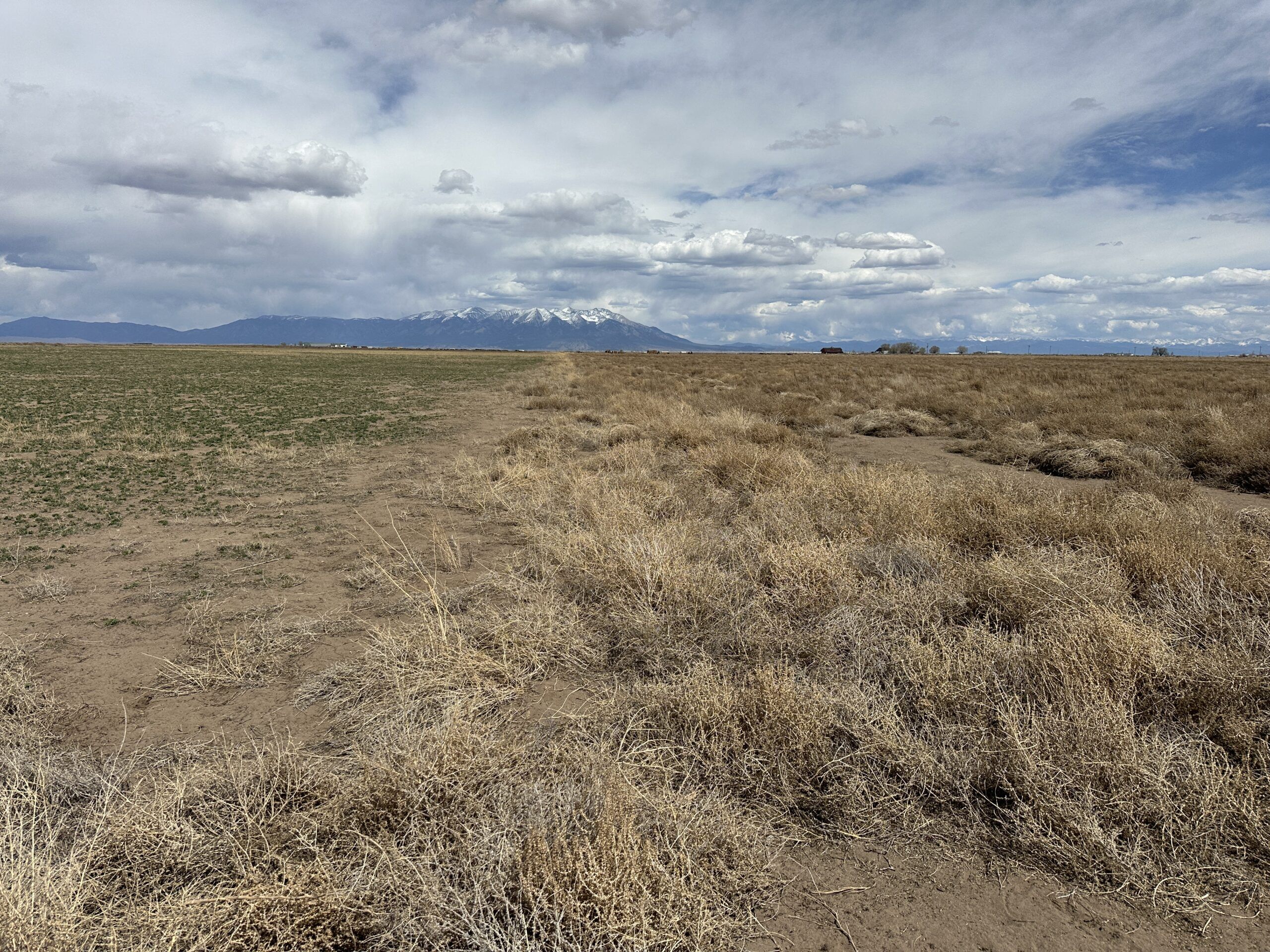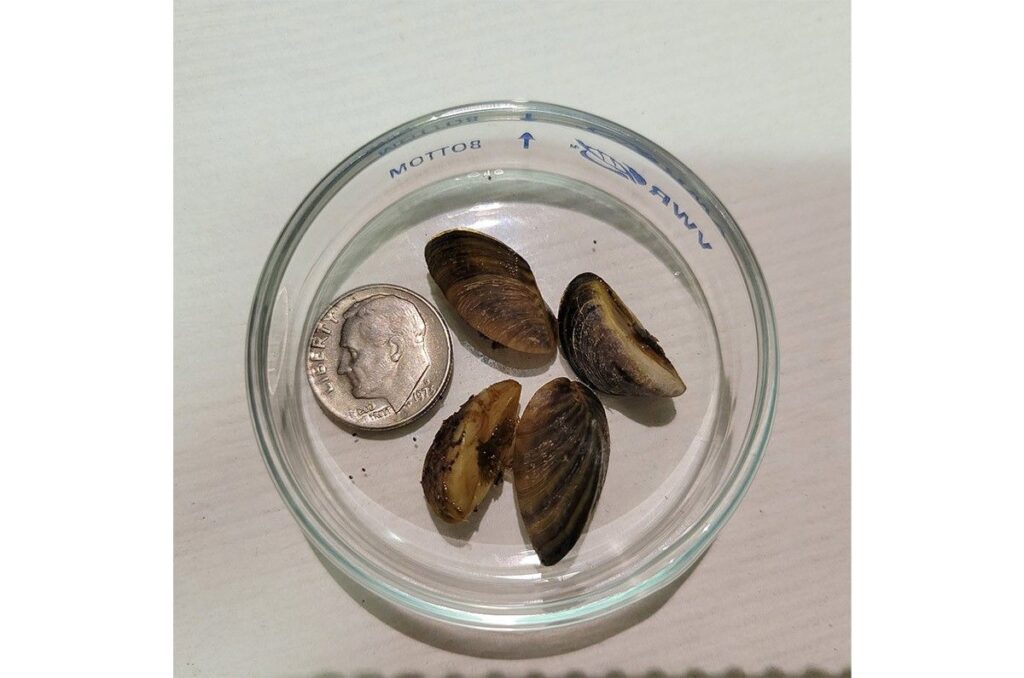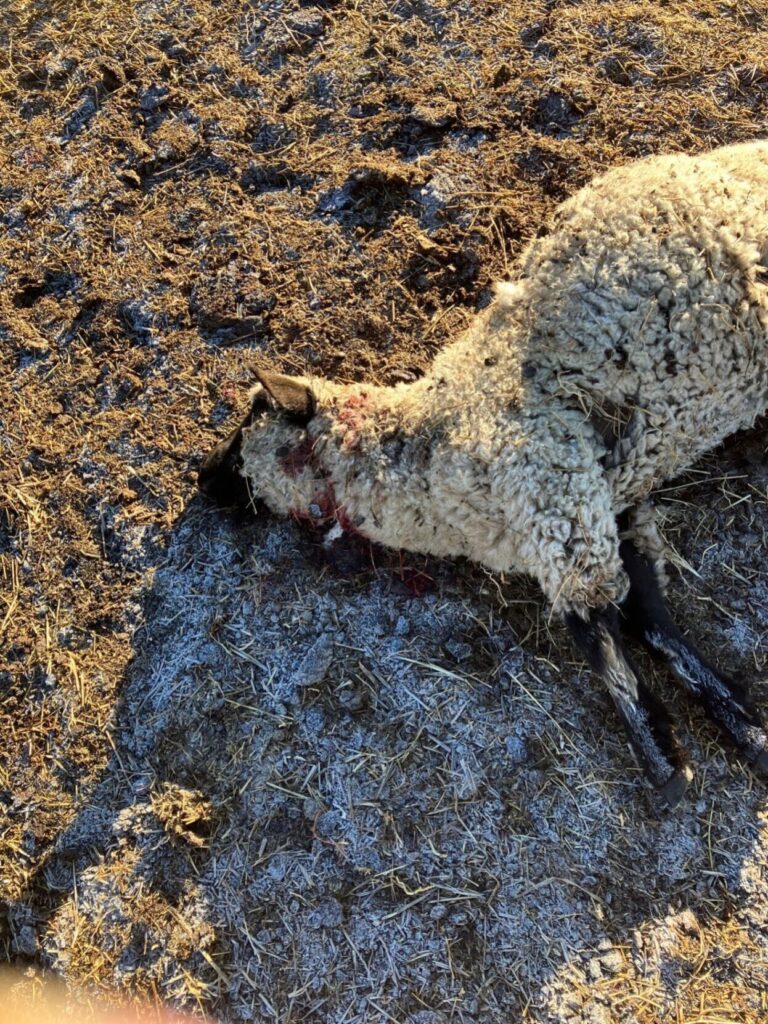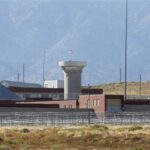Colorado State Land Board approves carbon lease to restore San Luis Valley rangeland

480-acre project will rehabilitate trust land near Alamosa, sequester carbon and increase school revenues
The Colorado State Land Board approved a new partnership that aims to restore degraded rangeland while opening a new revenue stream for public schools.
The board authorized a 15-year grassland carbon lease on 480 acres northwest of Alamosa to Land and Carbon Inc., a Wyoming company that restores “degraded lands with science-driven, nature-based carbon solutions to capture gigatons of CO₂,” according to a release from the board.
“Carbon is a new frontier for the trust, and this partnership ensures that our lands are part of Colorado’s climate solutions,” said Dr. Nicole J. Rosmarino, director of the State Land Board, in the release. “This project with Land and Carbon is part of our effort to diversify revenue streams for schools while improving the health of our natural and working lands.”
The site, located about seven miles northwest of Alamosa and long abandoned after crop use, has resisted natural recovery because of poor soils and arid San Luis Valley conditions. Officials said the project will improve soil health, support regenerative grazing within a decade, and show how state trust lands can provide both environmental and financial returns.
The lease covers 480 acres and runs through 2040. It includes a 40-year oversight period to ensure the carbon remains stored.
Annual ground rent for the project will be $1.50 per acre, increasing 3% each year. Under the agreement, the board will receive 10% of gross revenue from voluntary carbon credit sales, while Land and Carbon funds restoration and monitoring, said Emily Barbo, the board’s communications manager, in a statement to The Denver Gazette.
The company will use reseeding, soil amendments and water management to rebuild native grasslands and capture an estimated 10,000 metric tons of carbon dioxide in the first 15 years.
The property is currently unleased except for two electric transmission line rights of way and remains subject to a permanent dry-up covenant preventing future use of irrigation water.
“The Stanley Road property was leased out by the State Land Board as irrigated cropland until 2024, when the board approved the sale of groundwater rights formerly used to irrigate the property to the Rio Grande Water Conservation District,” Barbo said. “The sale supported a collaborative regional effort to reduce groundwater use for irrigation in the San Luis Valley and move toward sustainable groundwater use.”
The State Land Board manages 2.8 million acres, most of it leased for agriculture, with proceeds directed to Colorado’s K-12 education system. This project is the board’s latest move to diversify trust land revenue with ecosystem-service-based projects, according to the release.
“The State Land Board has a dual mission to generate reasonable and consistent income over time, and to protect and enhance the long-term productivity and sound stewardship of working trust lands,” Barbo said.










